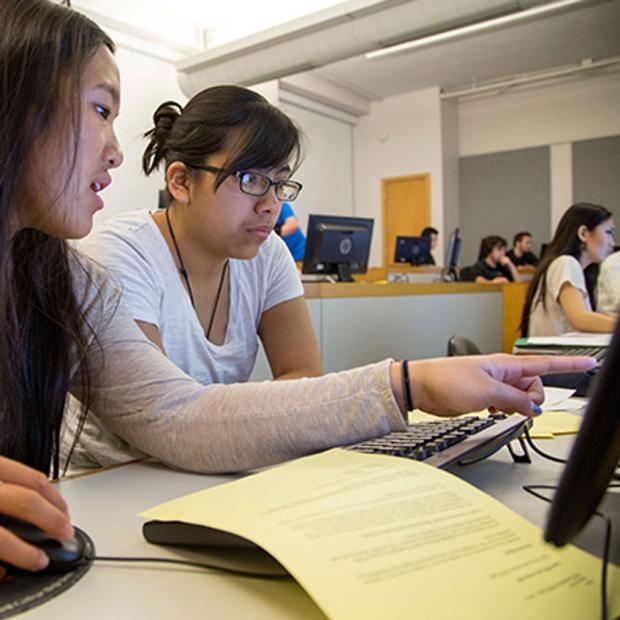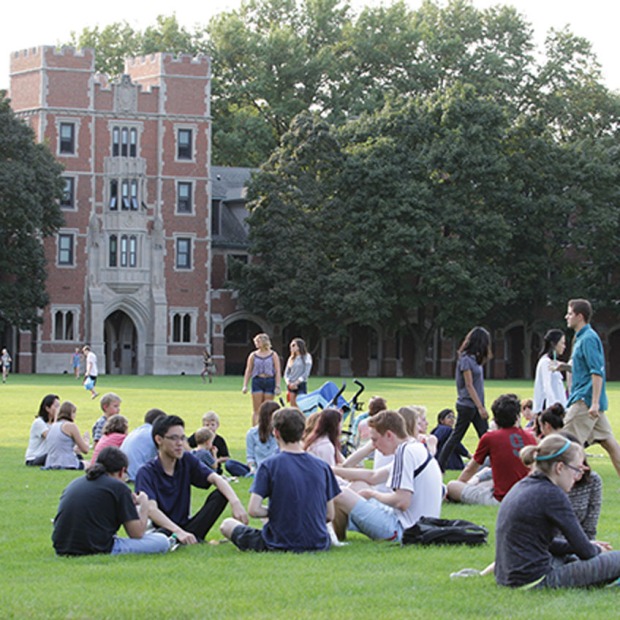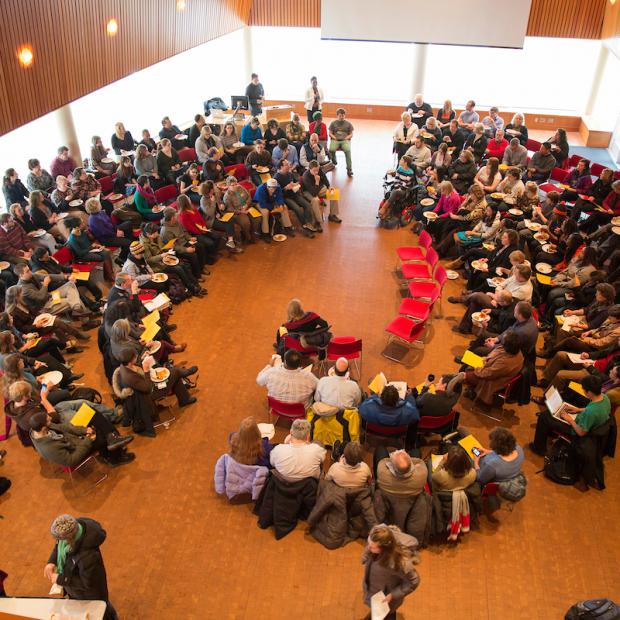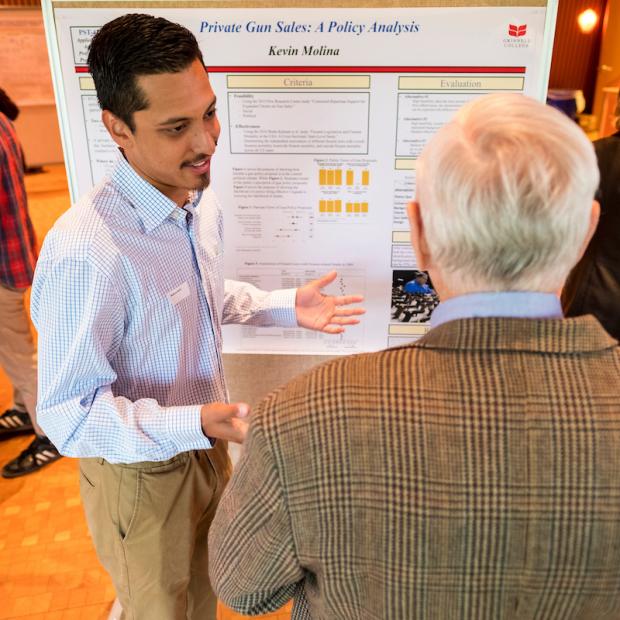Our Mission
When Grinnell College framed its charter in the Iowa Territory of the United States in 1846, it set forth a mission to educate its students "for the different professions and for the honorable discharge of the duties of life." The College pursues that mission by providing an education in the liberal arts through free inquiry and the open exchange of ideas. As a teaching and learning community, the College holds that knowledge is a good to be pursued both for its own sake and for the intellectual, moral, and physical well-being of individuals and of society at large. The College exists to provide a lively academic community of students and teachers of high scholarly qualifications from diverse social and cultural circumstances. The College aims to graduate individuals who can think clearly, who can speak and write persuasively and even eloquently, who can evaluate critically both their own and others' ideas, who can acquire new knowledge, and who are prepared in life and work to use their knowledge and their abilities to serve the common good.







